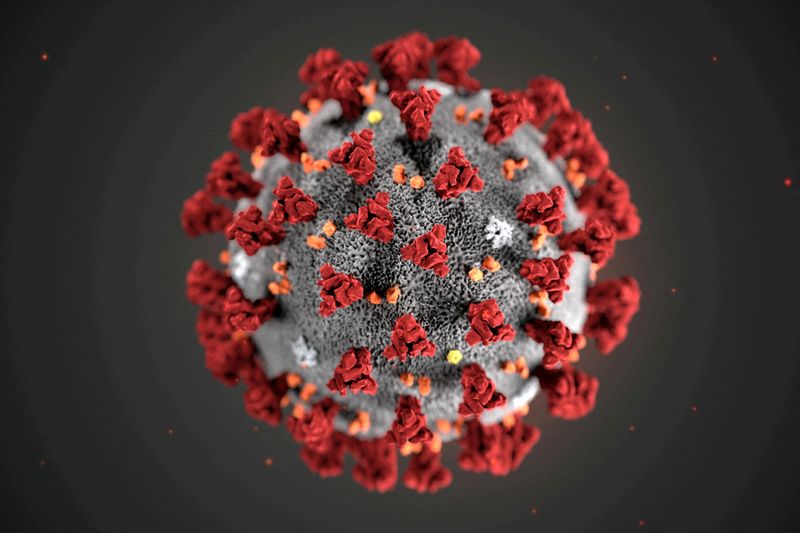By Jennifer Rigby and Bhanvi Satija
LONDON (Reuters) -The World Health Organization ended the global emergency status for COVID-19 on Friday more than three years after its original declaration, and said countries should now manage the virus that killed more than 6.9 million people along with other infectious diseases.
The global health agency's Emergency Committee met on Thursday and recommended the UN organization declare an end to the coronavirus crisis as a "public health emergency of international concern" - its highest level of alert - which has been in place since Jan. 30, 2020.
"It is therefore with great hope that I declare COVID-19 over as a global health emergency," said WHO Director-General Tedros Adhanom Ghebreyesus, adding that the end of the emergency did not mean COVID was over as a global health threat.
During a lengthy conference call to brief the press on the decision, some WHO members became emotional as they urged countries to reflect on lessons learned during the pandemic.
"We can't forget those fire pyres. We can't forget the graves that were dug. None of us up here will forget them," said WHO's technical lead on COVID-19 Maria Van Kerkhove.
The COVID death rate has slowed from a peak of more than 100,000 people per week in January 2021 to just over 3,500 in the week to April 24, 2023, according to WHO data, reflecting widespread vaccination, availability of better treatments and a level of population immunity from prior infections.
Ending the emergency could mean that international collaboration or funding efforts are also brought to an end or shift in focus, although many have already adapted as the pandemic receded in different regions.
"The battle is not over. We still have weaknesses and those weaknesses that we still have in our system will be exposed by this virus or another virus. And it needs to be fixed," said the WHO's emergencies director Michael Ryan.
The WHO does not declare the beginning or end of pandemics, although it did start using the term for COVID in March 2020.
"In most cases, pandemics truly end when the next pandemic begins," Ryan said.
Last year, U.S. President Joe Biden said the pandemic was over. Like a number of other countries, the world's biggest economy has begun dismantling its domestic state of emergency for COVID, which officially ends May 11, meaning it will stop paying for vaccines and testing for many people and shift responsibility to the commercial market.
The European Union also said in April last year that the emergency phase of the pandemic was over, and other regions have taken similar steps.
'SIGNIFICANT PUBLIC HEALTH PROBLEM'
The WHO's declaration comes just four months after China ended its prolonged severe COVID restrictions and was ravaged by a big surge in infections.
The decision also suggests that WHO advisers believe a new more dangerous coronavirus variant is unlikely to emerge in the coming months, although the virus remains unpredictable.
"I will not hesitate to convene another emergency committee should COVID-19 once again put our world in peril", WHO chief Tedros said.
In many parts of the world, testing has dwindled dramatically, and people have largely stopped wearing masks. In some countries, mask-wearing mandates have resumed during COVID outbreaks. The WHO published a plan this week advising countries on how to live with COVID long-term.

COVID will continue to challenge health systems worldwide long term, including long COVID, infectious disease experts say. "No one should take (this) to mean COVID-19 is no longer a problem," said Mark Woolhouse, an epidemiologist at the University of Edinburgh.
"It is still a significant public health problem and looks likely to remain one for the foreseeable future."